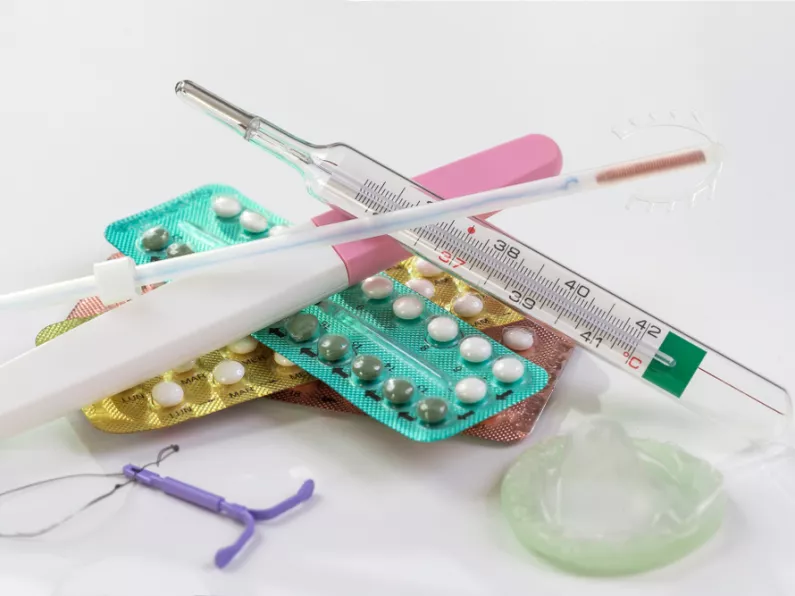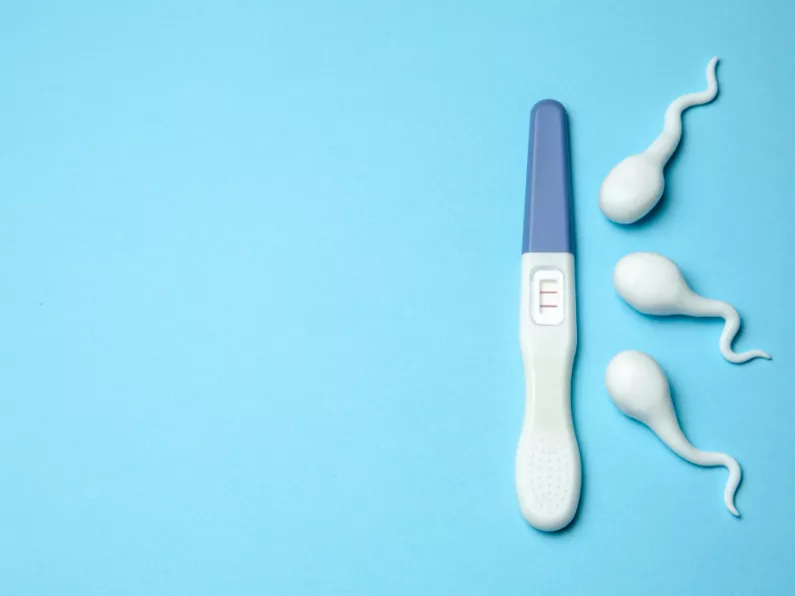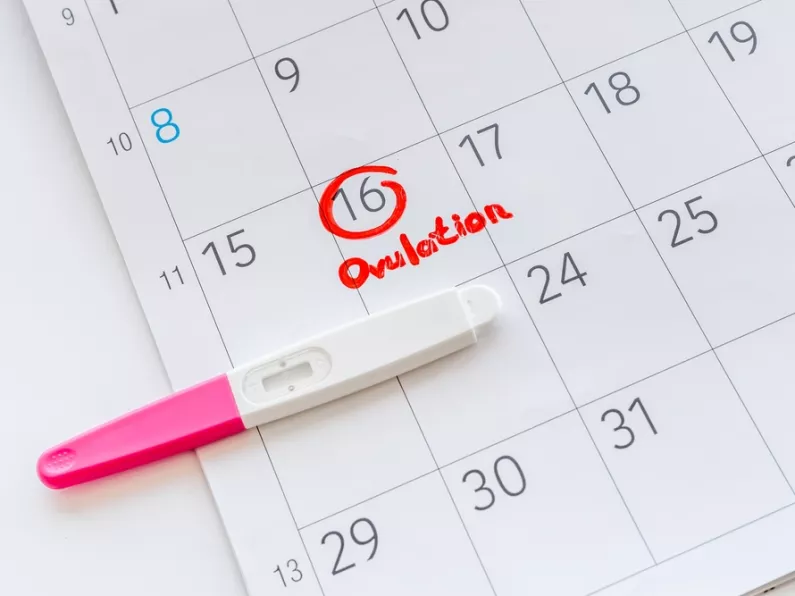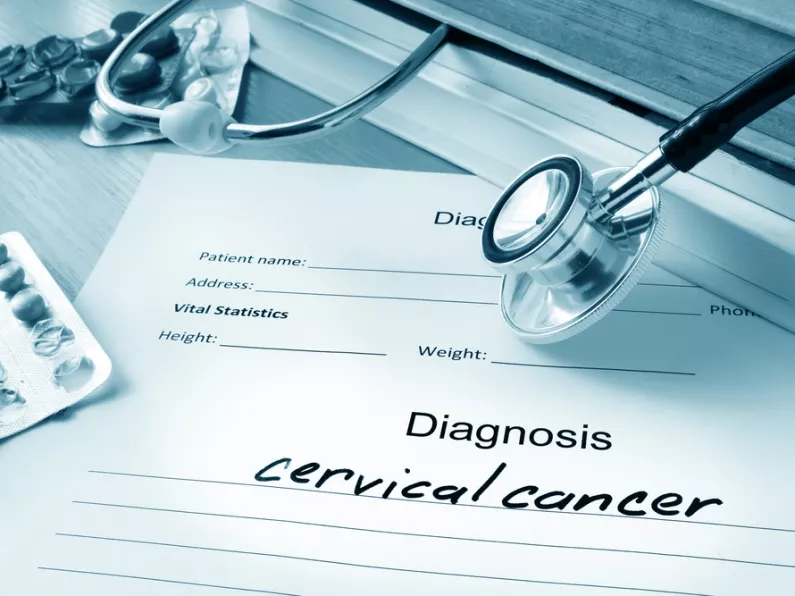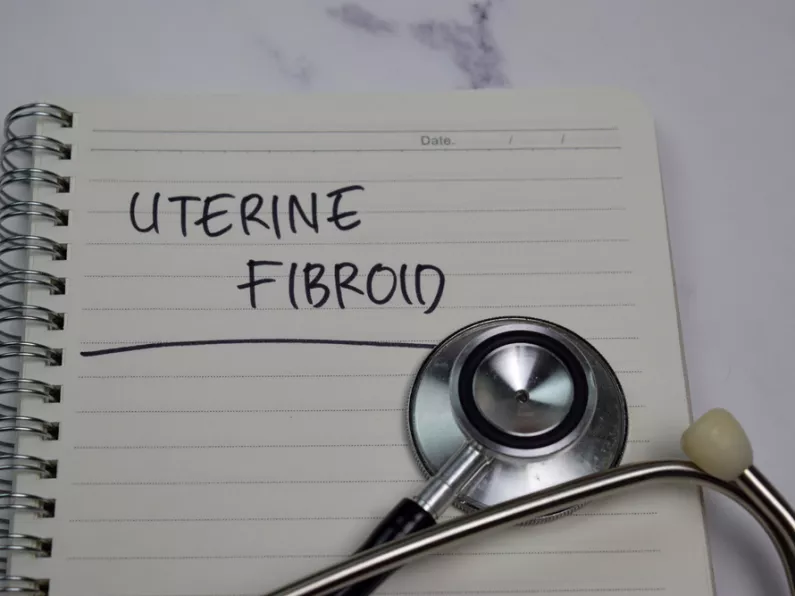It would be true to say that all women have at some point resented their period and wished it would just go away.
From Pre-Menstrual Tension to cramps, fatigue and bloating, it often seems that our time of the month makes an appearance at the worst possible time.
But as irritating as it can be, our menstrual cycle - the blood, cramps and symptoms before and after - can tell us a lot about our overall health and wellbeing.
No such thing as normal
Here's what to look out for:
- No such thing as normal: From the outset, it's important to point out that there's no such thing as a 'normal' period. Periods generally last between three to eight days and the blood flow is heaviest at the start. Most cycles are 28 days, but this can vary from 21 to 35 days. If you bleed at other times throughout the month, you should speak to your doctor.
- Blood colour: Your menstrual blood can range from bright red to brown to black during one cycle. Blood is at its brightest red at the start of your period and is generally the sign of a healthy period. But it can turn dark brown or black later in your period as older blood or parts of the uterine wall come away. Period blood that looks diluted could be a sign of anemia and pinkish blood could indicate low estrogen levels.
- The flow: If you notice your period has become considerably heavier, it’s lasting longer than a week, you have to change your sanitary napkins every four hours or more, or you’re passing large blood clots, you should speak to your doctor. Large and regular clots might mean nothing at all, or they could indicate hypothyroidism, uterine fibroids, symptomatic anemia, adenomyosis, or Von Willebrand disease - a bleeding disorder that slows the blood clotting process and leads to prolonged bleeding. Pelvic inflammatory disease, problems with your reproductive organs and hormone imbalances can also cause changes in your menstrual cycle, so it’s best to check it out.
- Regularity of your cycle: You might find that irregular periods are normal for you, or this may be caused by stress, polycystic ovary syndrome or a hormone imbalance due to low BMI and intense exercise for example.
- Your symptoms: As well as monitoring your blood and flow, it's also important to monitor how you feel before, during and after your period. Spots, bloating, junk food cravings, sore breasts and mood swings are very common. But very severe cramps for example, or cramps that last longer than your period and are accompanied by nausea could be a sign of endometriosis, adenomyosis or pelvic inflammatory disease.
- Your contraception: Bear in mind that your contraception might also affect your cycle, causing heavier or lighter bleeding, so make sure you speak to your doctor if you have any concerns.
- Missed periods: The most common cause of a missed period is pregnancy, but stress, a hormone imbalance, low BMI, scar tissue, and some medication can also stop periods. If you've skipped three in a row, see your doctor. Other symptoms you might have will help them figure out what's going on. For example, extra hair growth, acne, and weight gain could suggest polycystic ovary syndrome. Irregular periods are also common when you're approaching menopause.
- Bathroom trouble: If it's painful to pee or poop, or you regularly have diarrhea or constipation during your period, this could be a sign of endometriosis. This diagnosis is more likely if you also have heavy periods and severe menstrual cramping.
Your reproductive health
While it's true that your period is unique to you, there are some tell-tale signs that may suggest a deeper health issue.
Your reproductive health is of the utmost importance and your period can tell so much about what is going on beneath the surface.
If you have noticed changes in your symptoms around your period, or you have any concerns, speak to your doctor.
This content is brought to you in partnership with Curves, affordable & comfortable sanitary napkins and panty liners that give you the freedom to Be The Woman!



